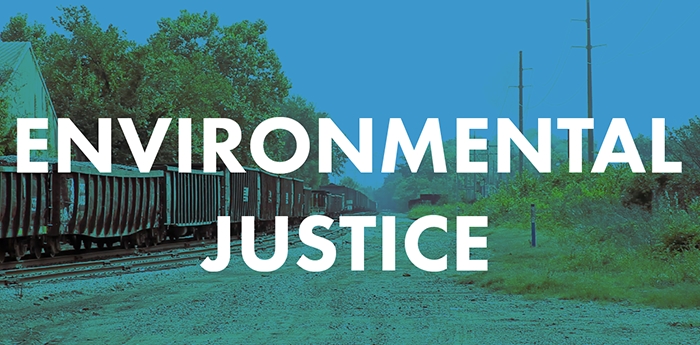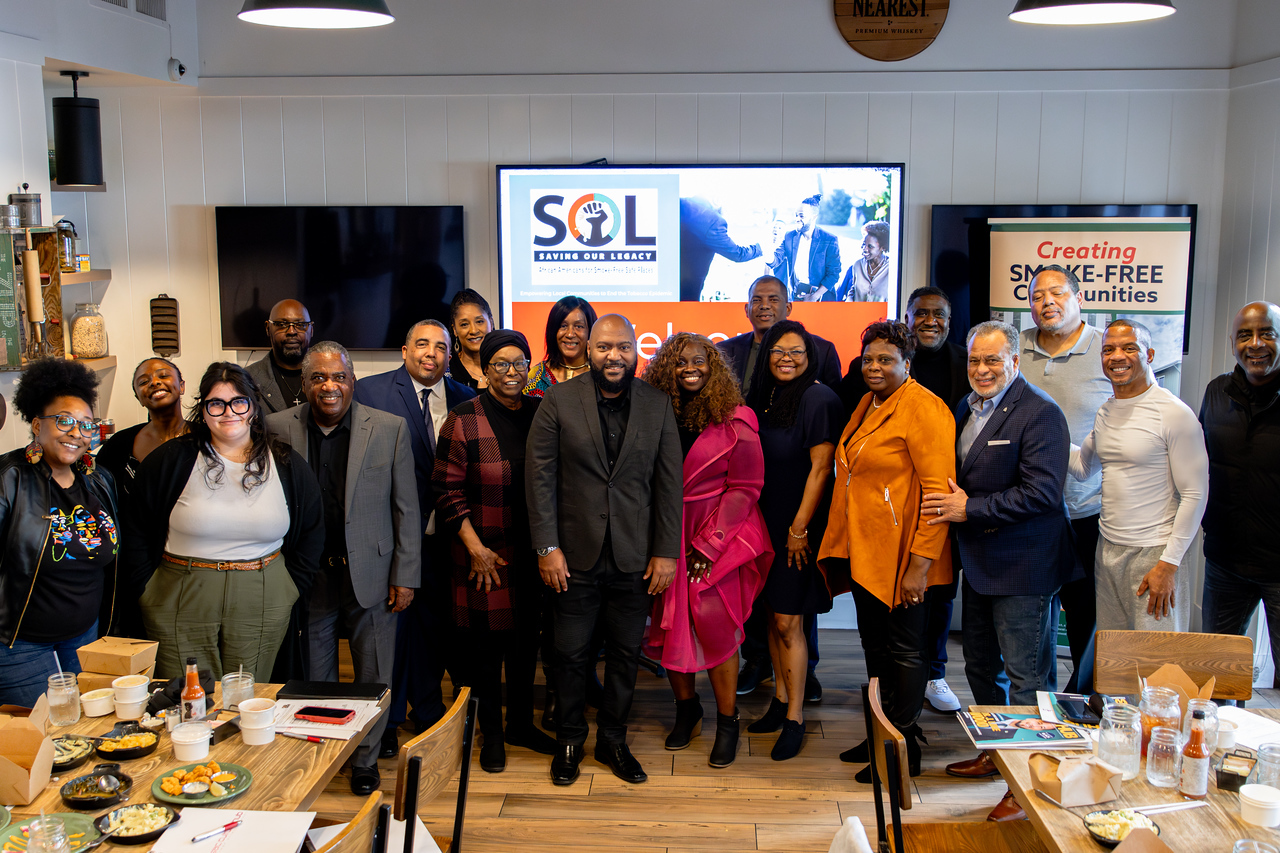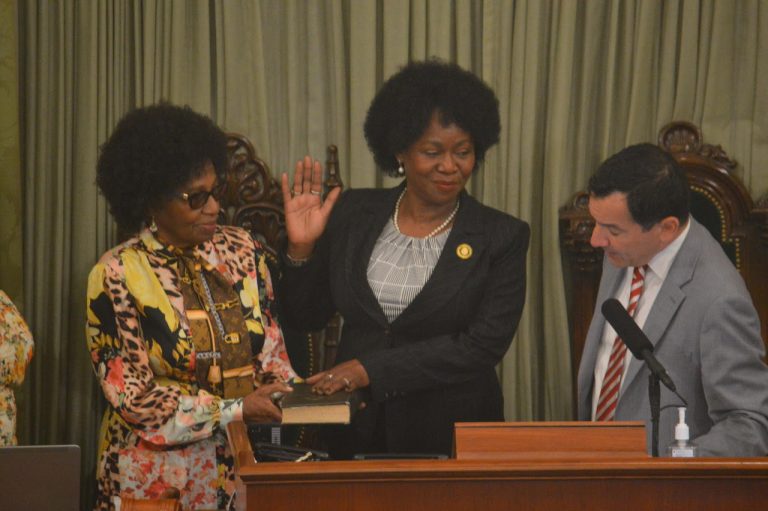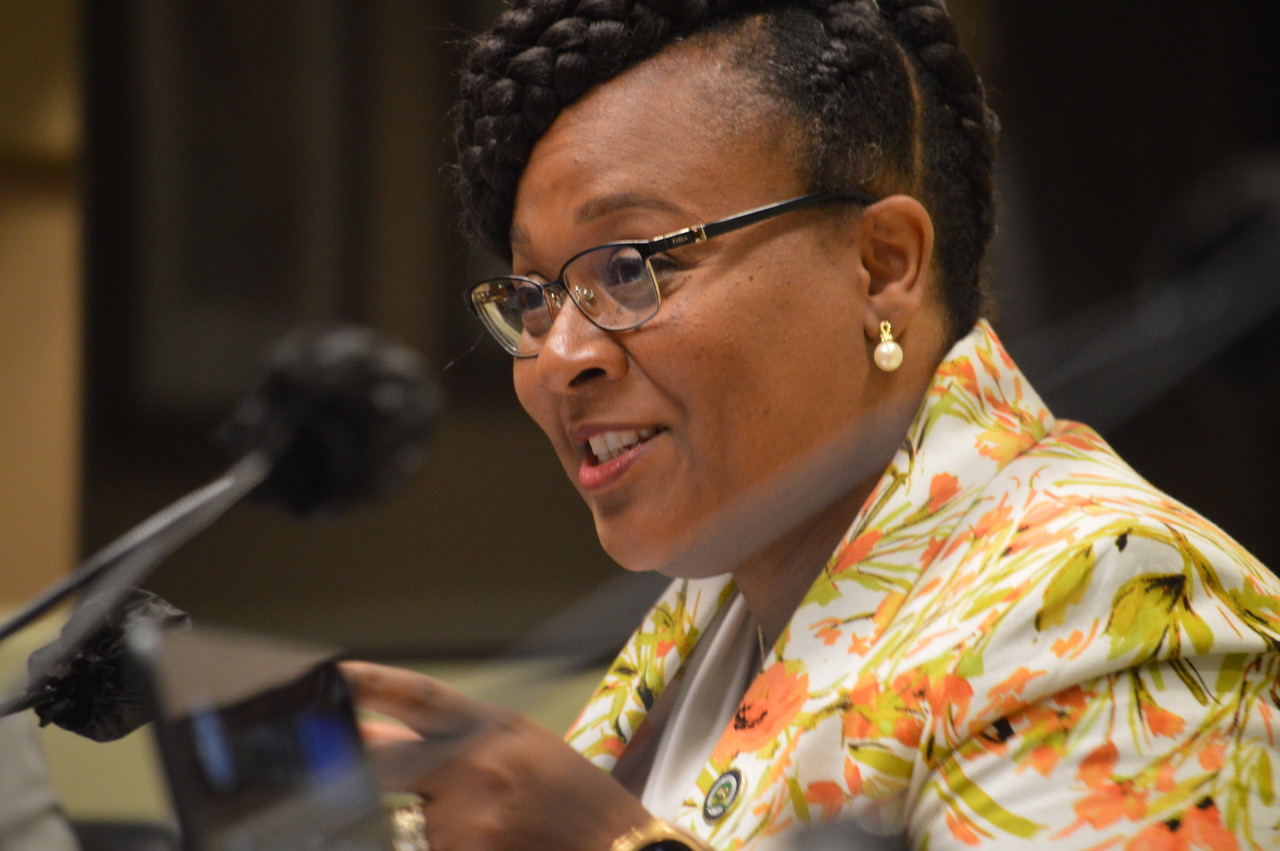
by Chief Editor, Pleshette Robertson
Members of the Sacramento community and media attended the press conference held via Zoom on Tuesday (05.19.2020) presented by the Red Black and Green (RBG) Environmental Justice Coalition. Faye Kennedy and William Johnson (Sacramento Area Black Caucus); Simeon Gant, Crystal Keene, Tyrone Netters (Green Tech Education & Employment); Joelle Toney (Member of Green Tech Board of Directors); Nailah Pope-Harden, (Commissioner for the Mayors’ Commissions on Climate Change and Climate Action Plan); and Jackie Cole (Veritable Good Consulting) are providing leadership for environmental health advocacy and critical information sharing to the Sacramento community.
Building capacity with advocacy, public policy and seeking funding to inform and educate black and brown communities in the Greater Sacramento Valley region is at the forefront for the RBG Environmental Justice Coalition. It’s time for residents to be reminded of how to confront the environmental injustices and racial disparities that have existed prior to and now in lieu of COVID-19.
As a homeowner in South Sacramento for the last 20 years, I was not aware of the incident that happened in 2008 with residents of Glen Elder neighborhood in Sacramento who struggled against environmental racism. This incident involved a large multi-million dollar company, Sacramento Natural Gas Storage (SNGS), that had proposed to pump billions of cubic feet of flammable and potentially explosive gas into an underground storage facility below 700 community members’ homes. For several years the Sacramento Area Black Caucus with other activists worked with the Equal Justice Society (EJS) with victory in opposing the natural gas storage project in Sacramento neighborhood. EJS Legal Director Allison Elgart provided public comment in 2012 before the California Public Utilities Commission in opposition to a natural gas storage project proposed for Sacramento’s Avondale/Glen Elder neighborhoods, which are largely African American.
In the press release and at the press conference held via Zoom on Tuesday (05.19.2020), we learned that RBG Environmental Justice Coalition considers environmental justice as the basic right of people to live, work, go to school, play, and pray in a safe, healthy, and clean environment. Environmental justice cannot be defined or implemented from the top down but must be rooted in communities advocating for themselves.
In California, exposure to particulate matter and pollution contributes to various respiratory and lung disease, disproportionately high in African American communities. Lack of food forests and high nutrition foods in Black communities contributes to high levels of diabetes, congestive heart failure, obesity and high blood pressure.
In 2018, The United States Environmental Protection Agency’s (USEPA) National Center for Environmental Assessment released a study indicating that people of color are much more likely to live near polluters and breathe polluted air. The study found that black people are exposed to 1.5 times more particulate matter than white people, and that Hispanics had about 1.2 times the exposure of non-Hispanic whites. The study found that people in poverty had about 1.3 times more exposure than people above poverty.
Today and as we move forward in the new era of COVID-19, the RGB Environmental Justice Coalition is looking to address local issues of illegal dumping, air quality issues, and other environmental health issues that plague areas (South Sacramento, Del Paso Heights, Oak Park, and Meadowview) directly impacting Black communities of the Greater Sacramento Valley Region.
While COVID-19 is a new phenomenon, racial disparities in health outcomes are not. Dr. Robert Bullard, known as the “Father of Environmental Justice” recently reported on “Why He Isn’t Surprised by COVID-19 Health Disparities”. Low-income communities of color often have far fewer resources, fiscal or otherwise, to address community health and resilience. As a result, we face far greater risks than our more affluent neighborhoods in times of crisis.
California data on African Americans who have contracted COVID 19 is relatively scarce. In April Governor Gavin Newsom reported six percent of a reported 6,357 people who’ve reported positive for COVID 19 were African American.
Other states are more definitive. In Michigan African-Americans, who account for a third of positive COVID 19 tests represent 40 percent of deaths in that state even though they make up 14 percent of the population. (NY TIMES – 4/7/2020)
In Louisiana, about 70 percent of the people who have died are black, though only a third of that state’s population is are African American. (NY TIMES 4/7/2020)
In Georgia, blacks are 32 percent of the population but are 54 percent of deaths caused by COVID 19. (Hon. Stacey Abrams)
Black communities have an outsized interest in environmental justice because environmental disparities have an outsized impact on Black lives and Black health. While disparities are often driven by private and monetary interests, critical decisions are also made in the public sphere — for example: local government decisions about land use, health access, housing, resource allocation, and more.
RBG Environmental Justice Coalition serves as community advocates providing information and solutions toward environmental health and equitable opportunities regarding local and regional environmental efforts such as the following campaigns include:
CLICK HERE to download the Fact Sheet about RBG Environmental Justice Coalition. For more information contact Faye Kennedy at (916) 812-7429 or fayek@springmail.com and Joelle Toney at (843)-214-8508 or jvtoney@ucdavis.edu.






